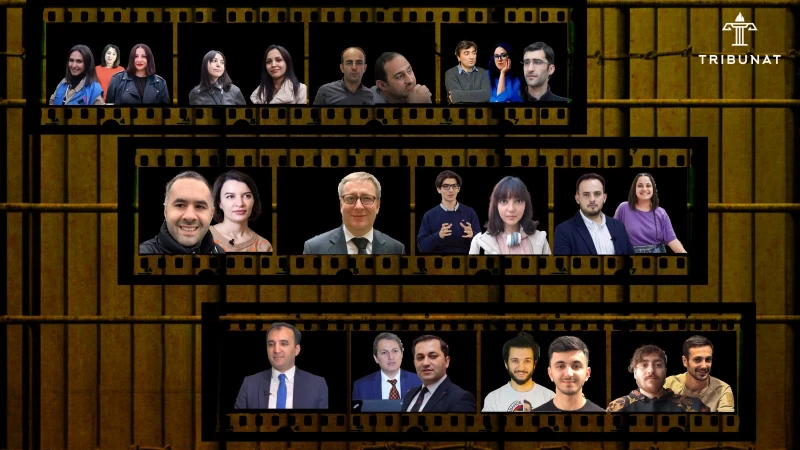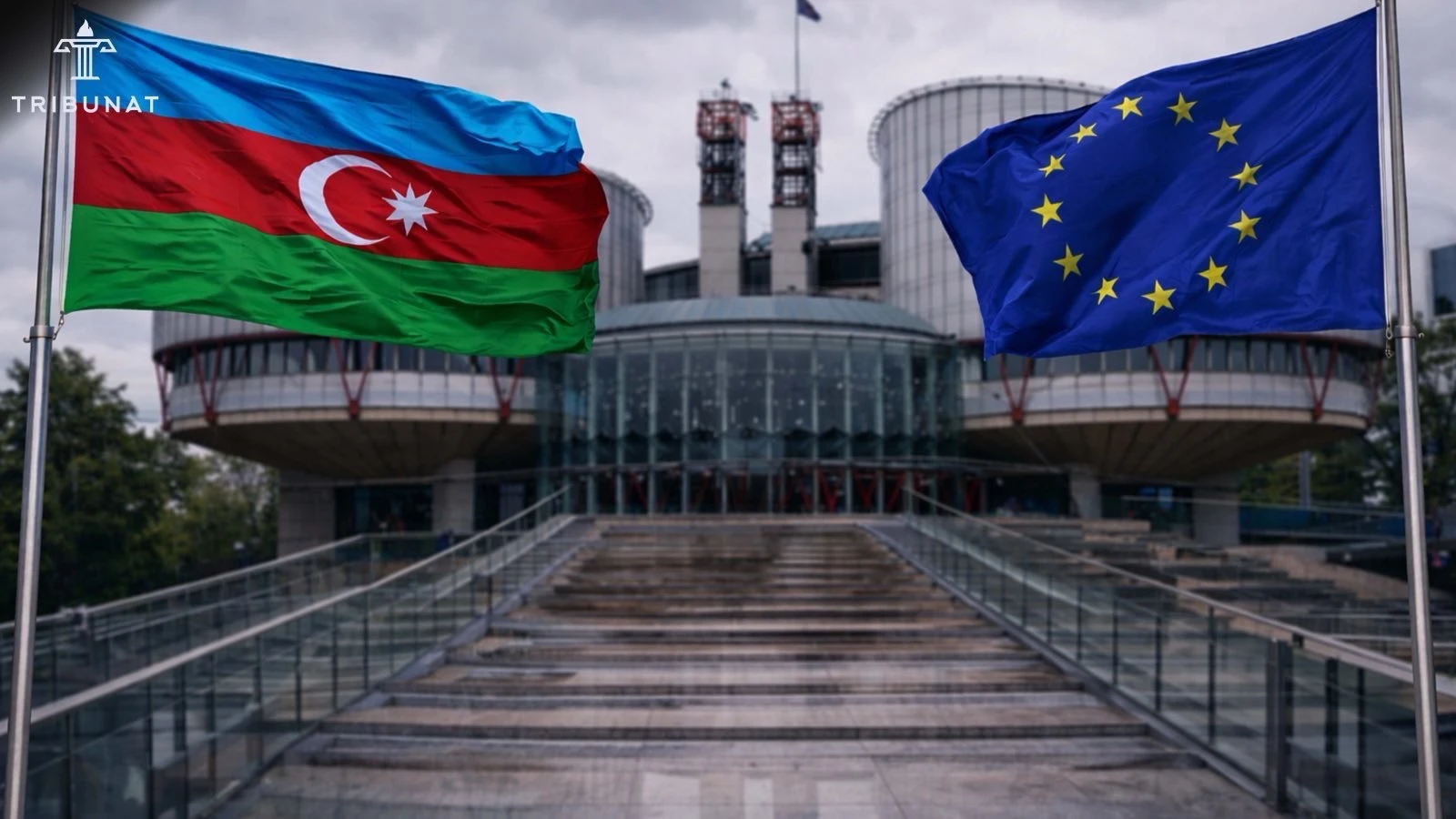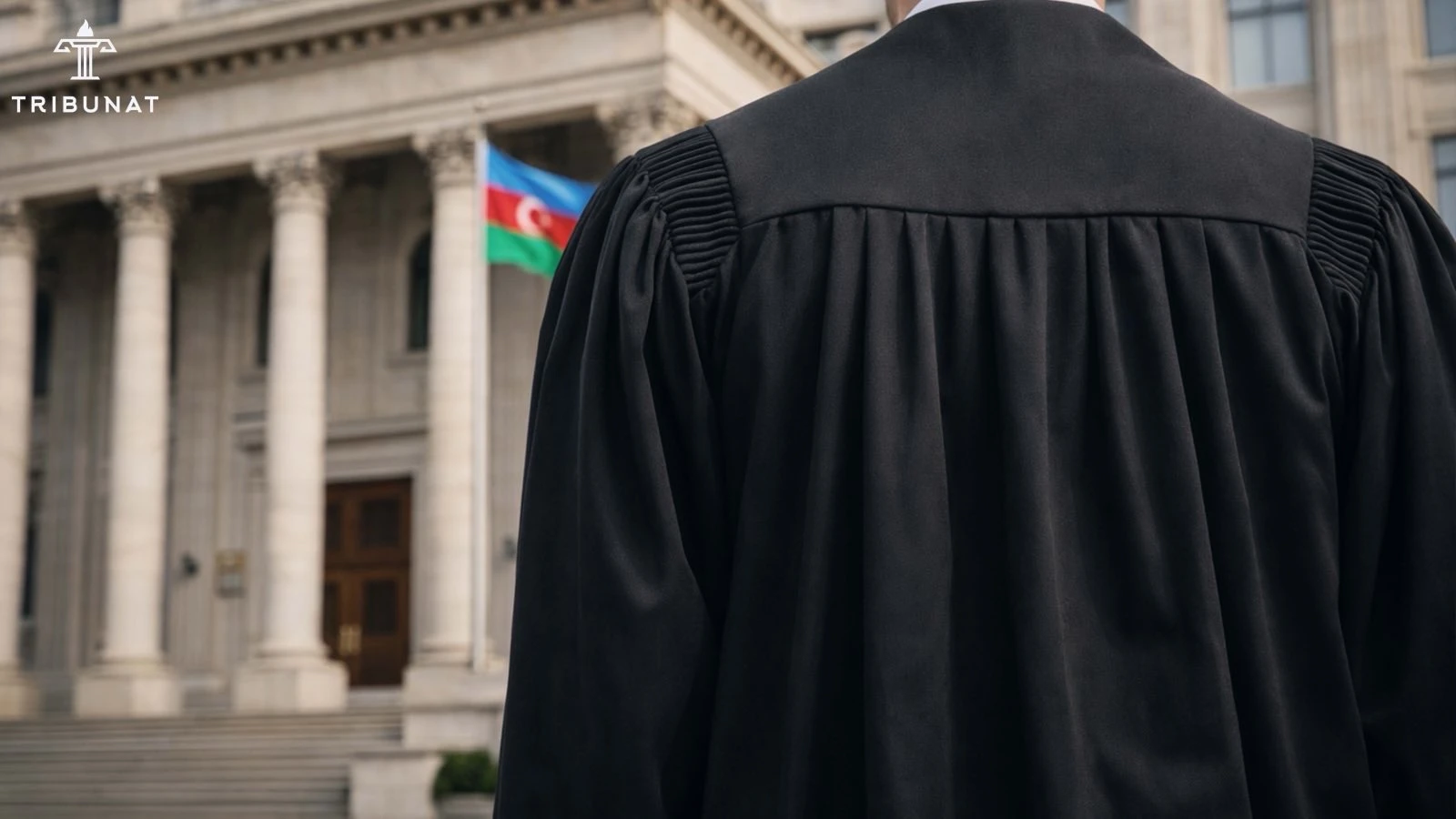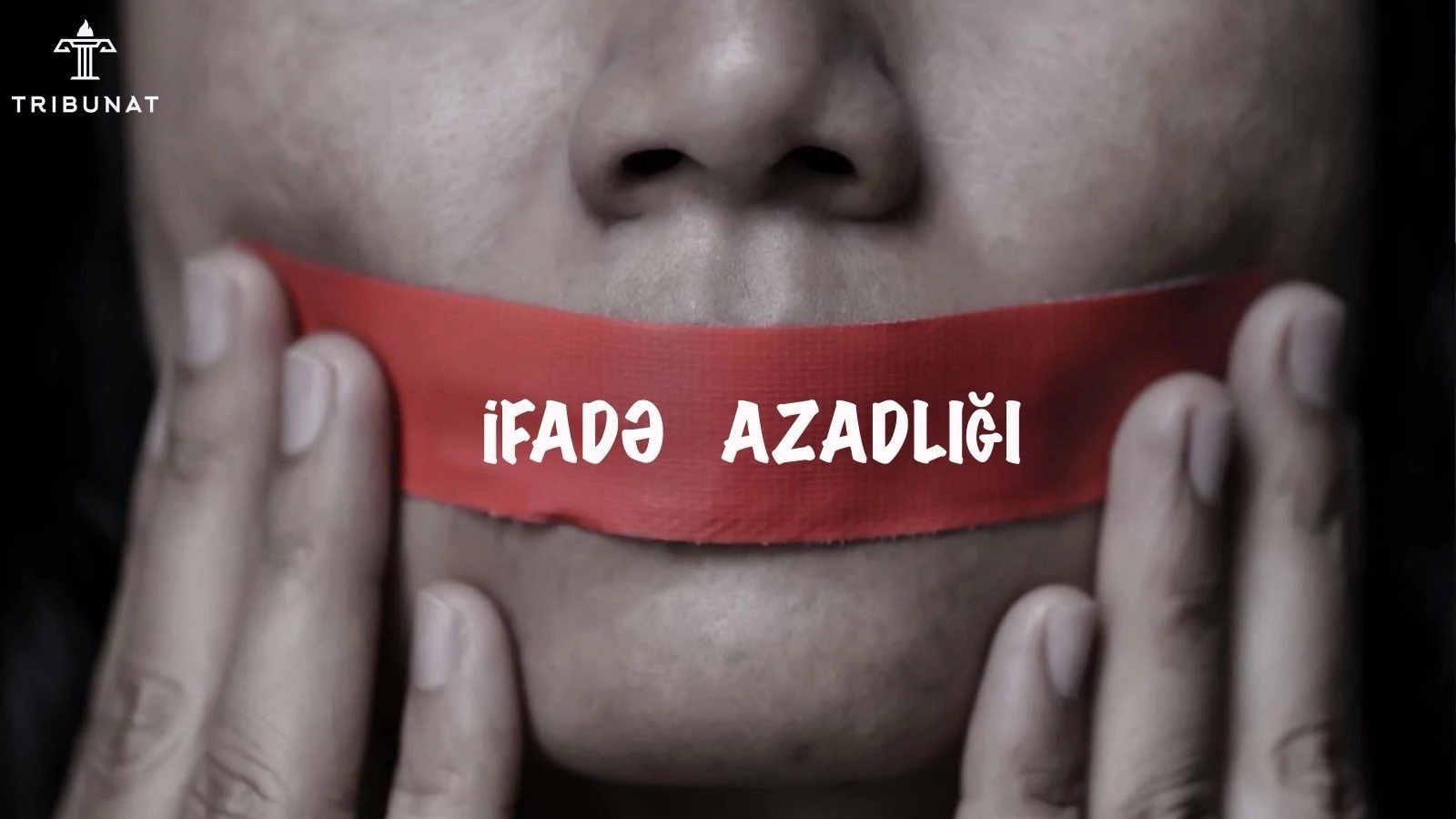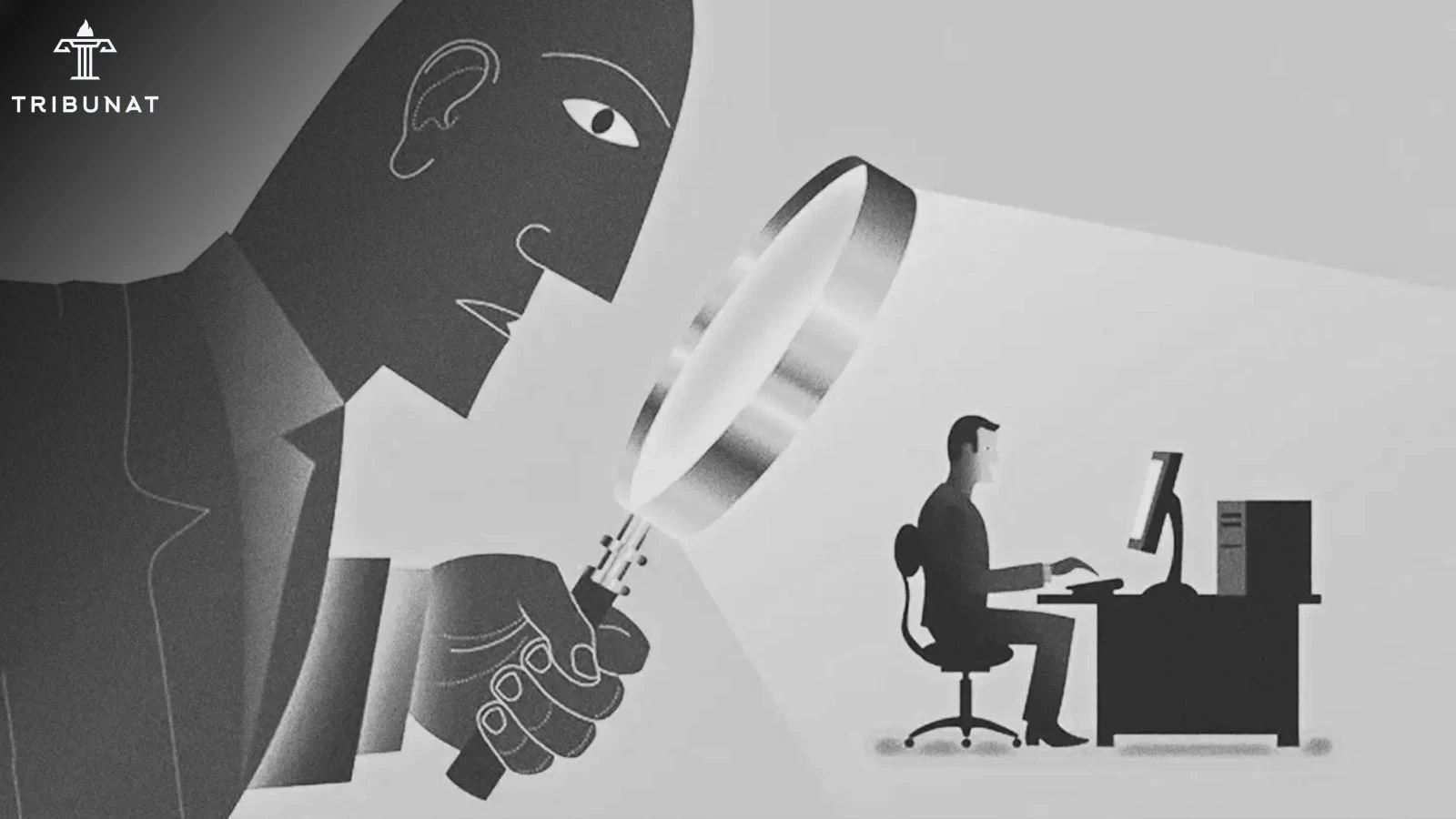The punishment policy for those considered political prisoners has become noticeably stricter over the past year. There are significant differences between the sentences previously imposed in similar cases and the ones currently being applied.
“Tribunat” while investigating this trend, conducted a comparative analysis of previous and recent sentences imposed on political prisoners, and endeavored to identify contradictions between the legislative framework and judicial practice.
Humanism is one of the main principles of the Criminal Code of the Republic of Azerbaijan. (Article 9). The principle of humanism, whenever possible, implies the application of fair and mild punishment. In addition, the Presidential Decree “On improving activities in the penitentiary sector, humanizing penal policy and expanding the application of alternative punishment and procedural coercive measures not related to isolation from society” of 2017 provided for the decriminalization of crimes, especially in the field of economic activity; the addition of alternative punishments to deprivation of liberty to the sanctions of crimes and the improvement of the grounds for the application of existing alternative punishments; the replacement of the unserved part of the deprivation of liberty with a more lenient punishment, the conditionally early release from the unserved part of the sentence and the wider application of the institutions of conditional sentence. In 2019, the president issued a new Order instructing the Ministry of Justice to prepare and submit draft laws to continue measures of humanization of penal policy and decriminalization.
Nonetheless, experience of recent years shows that instead of application of the principles of humanism and justice while indictments, the sentences have been made even more severe. Just as for economic crimes such as smuggling and illegal entrepreneurship, the public prosecution asks for a sentence of 11-12 years in prison for the final verdict of the court (for example, in the “Abzas Media” case).
These toughening are clearly visible in comparison with the recent past:
- In January of this year, a public figure Bakhtiyar Hajiyev was sentenced to 10 years of imprisonment on various charges, including employment of workers without a labor contract, money laundering, resisting police, and document forgery;
- In March, politician Tofig Yagublu was also charged with serious indictment, including large-scale fraud and document forgery, and was sentenced to 9 years of imprisonment;
- In May, Talysh historian Igbal Abilov was sentenced to 18 years of imprisonment on more serious charges, including treason and dispersion of hatred on national grounds.
- Journalist Teymur Karimov was found guilty under Article 182.2.1 of the Criminal Code (extortion, committed by a group of persons in prior collaboration) and sentenced to 8 years of imprisonment;
- Journalist Arshad Ibrahimov was also charged with extortion and sentenced to 8 years of imprisonment;
- Fazil Gasimov, a doctoral student at Istanbul University, was charged under Article 204.3.1 of the Criminal Code (preparation, acquisition or sale of counterfeit money or securities - committed by an organized group) and sentenced to 9 years of imprisonment;
- Former diplomat Emin Ibrahimov was found guilty of intentionally causing serious harm to health and sentenced to 7 years of imprisonment;
- Chairman of the Workers' Desk Trade Union Afiaddin Mammadov was indicted with Articles 126.2.4, 221.3 and 228.4 of the Criminal Code and sentenced to 8 years of imprisonment and the like.
Conversely, political prisoners previously facing the similar indictments received milder sentences:
- In 2015, human rights defender Intigam Aliyev and journalist Khadija Ismayil were sentenced to 7 years and 6 months of imprisonment on charges of tax evasion, embezzlement, and abuse of office;
- In 2013, Hilal Mammadov, the founder of the newspaper "Tolishi Sado", was sentenced to just 5 years of imprisonment, despite being charged with the same charges as Igbal Abilov, and even in addition with illegal drug trafficking;
- Human rights defenders Leyla and Arif Yunus were also convicted of illegal entrepreneurship, embezzlement, and fraud, as well as high treason, but their sentences were lighter, 8 years, 6 months, and 7 years, of imprisonment compared to Igbal Abilov, Tofig Yagublu, and Bakhtiyar Hajiyev;
- Journalist Rauf Mirgadirov was also found guilty of treason in 2015 and sentenced to 6 years of imprisonment and the like.
These comparisons with recent history show significant differences between the sentences imposed on individuals accused of similar crimes at different times. Each of the individuals named is recognized as a political prisoner by international and human rights organizations. A significant increase in the number of individuals included in this category is observed.
Examination of the electronic court system reveals that the sentences imposed on various individuals for fraud (Articles 178.2.2, 178.2.4), forgery of documents (Article 320.1), and intentional infliction of serious harm to health (Article 126.2.4) range from 5 to 8 years. Even other individuals accused of crimes such as smuggling (Article 206.3.2) were sentenced to non-custodial sentences, such as fines not exceeding 10-15 thousand AZN or restriction of freedom. Additionally, Fidan Aliyeva, who was found guilty of treason in 2023, was sentenced to 6 years in prison.
However, opposition politician Tofig Yagublu was sentenced to 9 years, Bakhtiyar Hajiyev to 10 years, and Iqbal Abilov to 18 years of imprisonment in relation to the listed charges.
This signifies a violation of the balance in penal policy. Earlier, in an article on double standards in penal policy, “Tribunat” pointed out the significant variances between the punishments imposed on political prisoners and state officials for similar charges. Topical judicial practice shows that these differences have become even more pronounced compared to both officials and ordinary citizens.
The Resolution “On the Court Sentence” requires that if the sanction of the criminal law provides for another type of punishment in addition to deprivation of liberty and the guilty person is sentenced to deprivation of liberty, the sentence must indicate the reasons for lack of a lighter type of punishment. Moreover, the Plenum Decision of the Constitutional Court on the Interpretation of the Minsk Convention states that the court, taking into account the individual qualities of the accused, conviction and other aggravating circumstances, must conclude that a lighter punishment will not be able to ensure the goals of the punishment - the restoration of social justice, correction and prevention.
All these facts allow us to conclude that there is a significant discrepancy between penal policy and judicial practice in Azerbaijan. Although the principles of humanism and individualized punishment are at the forefront in the legal framework, these standards are not consistently applied in real court decisions. Particularly, in criminal cases considered politically motivated, the proportional relation between the nature and gravity of the charges and the sentences imposed is often inconsistent. This raises concerns that penal policy is moving away from the principles of fairness and equality. Even if it is assumed that the charges brought against those considered political prisoners are legal and justified, from the perspective of the humanistic principle of criminal responsibility, the sentences imposed on them are intended to punish, not to reform. The existence of a sharp variation between the sentences imposed on political prisoners and other accused on similar charges violates the uniformity of judicial practice.
“Tribunat”, concludes that, the lack of a uniform approach in court decisions, the application of different punishments for the same crimes, as well as the rare use of alternative punishment mechanisms are among the factors that undermine public trust in justice. In order to restore court justice, which is one of the fundamental principles of the rule of law, it is necessary to apply the humane approaches provided for in the legislation in practice.
